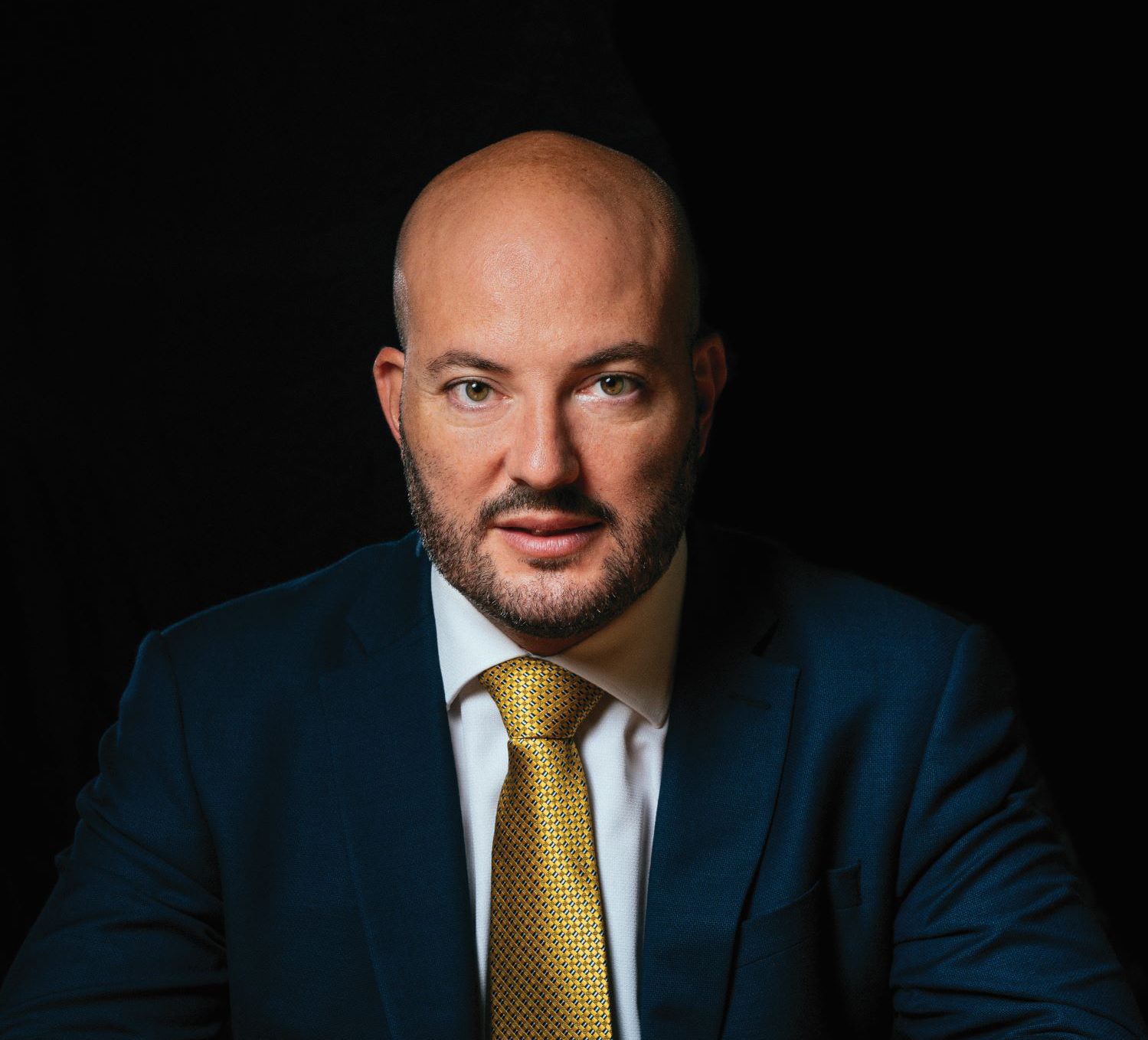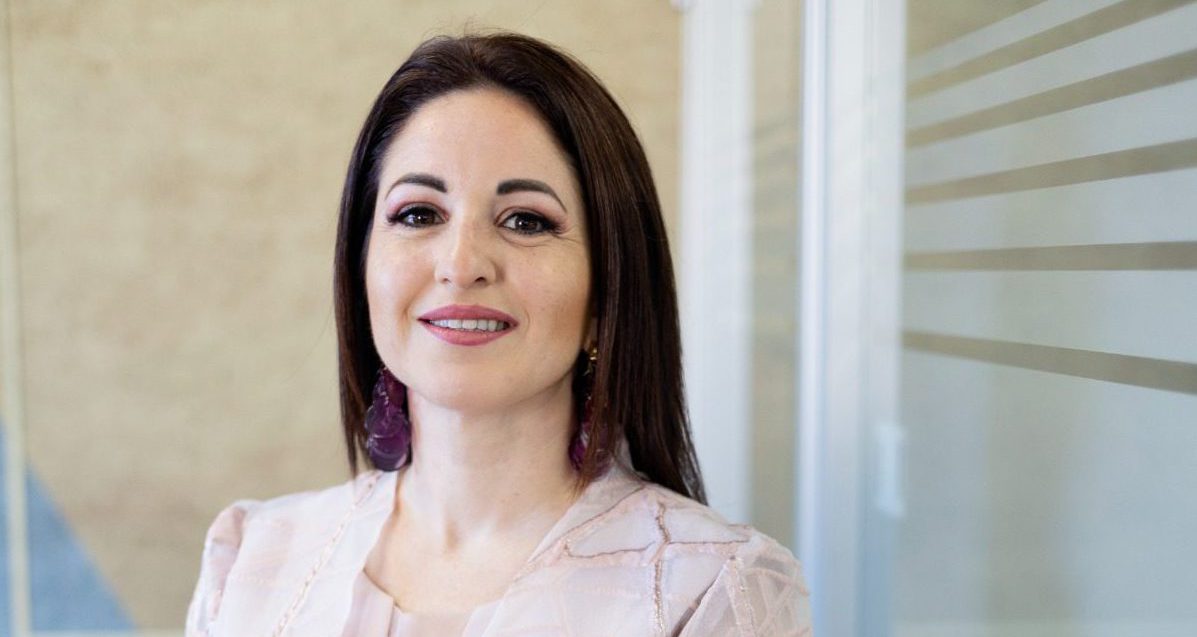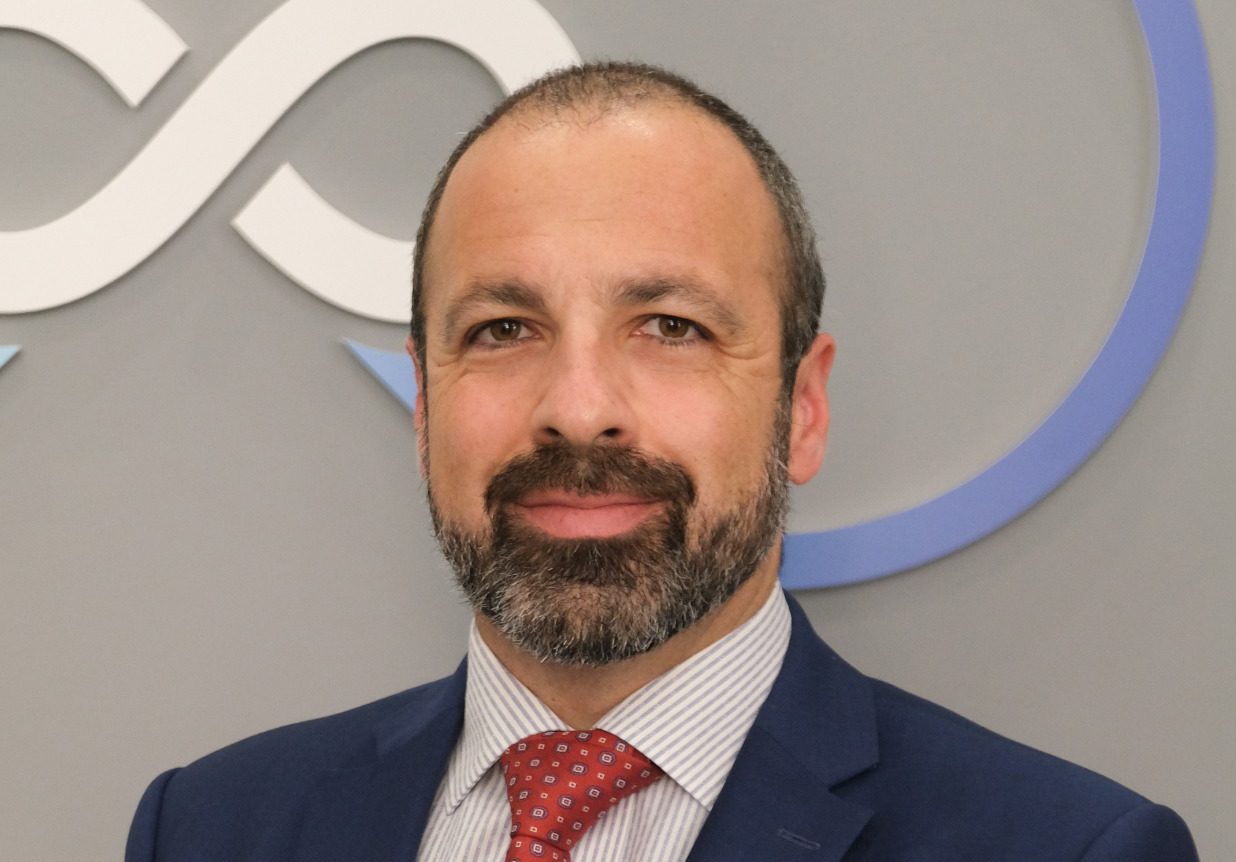“Family businesses are the heart of the Maltese economy,” insists Joseph Gerada the Regulator at the helm of the Family Business Office (FBO), who explains that these firms comprise up to 80 per cent of all companies on the island. Yet, he continues, they are often hampered by specific structural, financial – and emotional – challenges which only come when working with blood relations.
“These companies are very specific, in the sense that the intrinsic values through which they operate can work to their advantage or disadvantage. A business owner who works of their own accord – and does not run a family business – is able to make decisions on the basis of what is best for the company; they are able to ignore feelings or personal issues. However, when it comes to dealing with family businesses, the specific relationships within the unit can make or break it,” he explains.
For instance, he continues, “imagine my father is the family business owner; and, as his son, I respect that. However, if he expects to be the only decision maker, I will not propose good ideas I may have – and which might be more beneficial for the enterprise – if I suspect he might not agree with them,” Dr Gerada explains. This misplaced respect can often result in younger generations wasting their potential, constrained within the limits set by the founders or the parents, which prevents the business from “getting to the next level”.
Such control can also be seen in businesses which, on the surface, seem to be navigating succession well. The founder may, for instance, Dr Gerada says, entertain the chairman of the company board in order to continue asserting some sort of surreptitious say over the operations of the business. “There is also an issue of culture here in Malta, which insists on a glorified respect for the elder in the family, and this may inhibit the next generation from really expanding the business and reworking the governance structures to allow non-family members and professionals in, for the economic benefit of the firm,” he says.
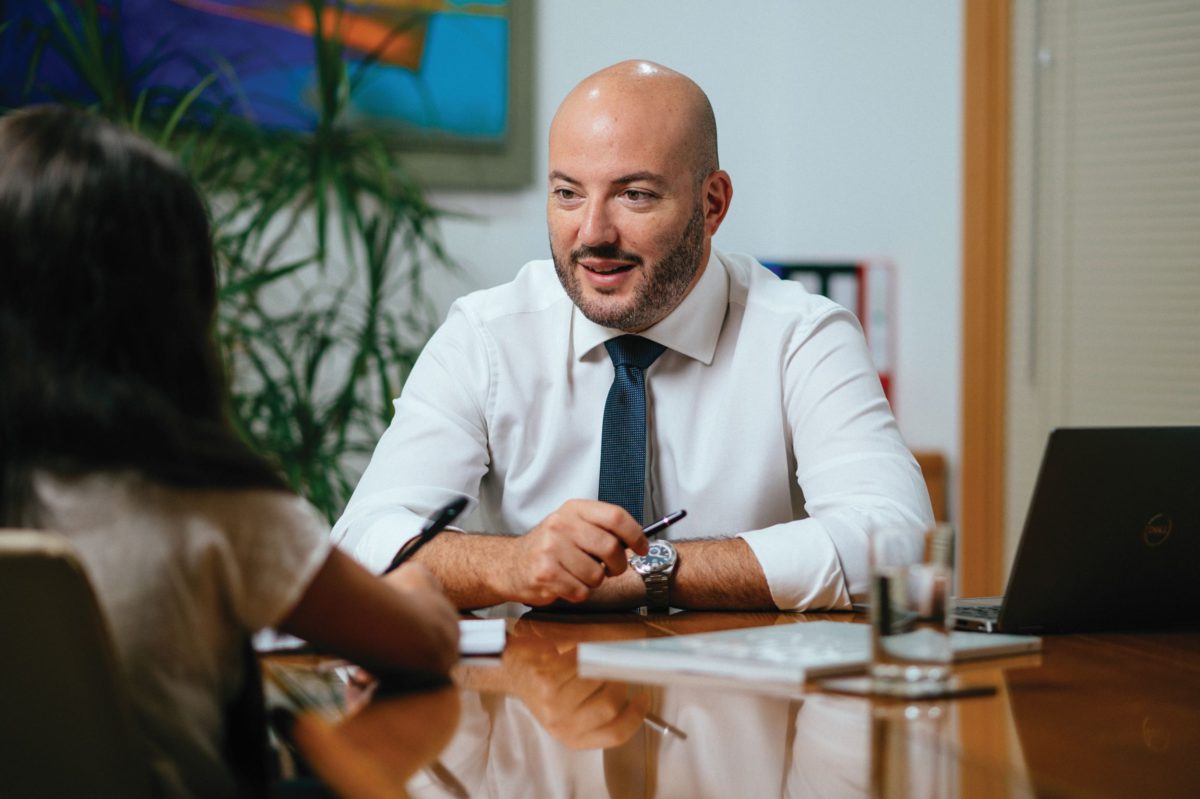
Indeed, involving “outsiders” is key to surviving, Dr Gerada says. “You must look at the players in the business; see who is functioning in their positions or not – without taking into consideration any emotional or familial links – and deal with any issues which are identified, without worrying if people’s feelings are going to be hurt. I travel and meet foreign family businesses – some of which have grown to become multi-million euro companies – but in Malta we seem hesitant to grow, and to involve others in managerial or directorship positions.”
Doing so, Dr Gerada asserts, would allow for the family, and founders, to take more of a strategic role, rather than simply acting like an employee on the floor. “Once you establish the business, you have to take a step back, to see how to invest time and money, as well as how to diversify the portfolio. Family business owners should not be limiting themselves to doing what they can get someone on a salary to do,” he insists.
He expresses surprise that “family businesses will invest in many things – such as machinery and new premises – but they will not invest in crucial human resources, since they think it’s not necessary. They think, for instance: why should I pay for an external advisor? The result is they don’t get the tools they need, and the guidance to work more efficiently. It’s time for family businesses to invest in people, to grow their networks and to expand their businesses.”
The local and international world of trade has changed substantially over the past decades and, therefore, family businesses who may be used to working in a certain way may have fallen out of lockstep with certain shifts. This makes it imperative that they “explore exporting their product, meet new customers and clients – and not spend time on the factory floor! Developing a company’s human resources is the best investment, particularly if there are no family members who want to take over the running of the company. So – and this I emphasise to the family business owners I meet – they need to focus on the future, rather than on the day-to-day operations of the enterprise.”
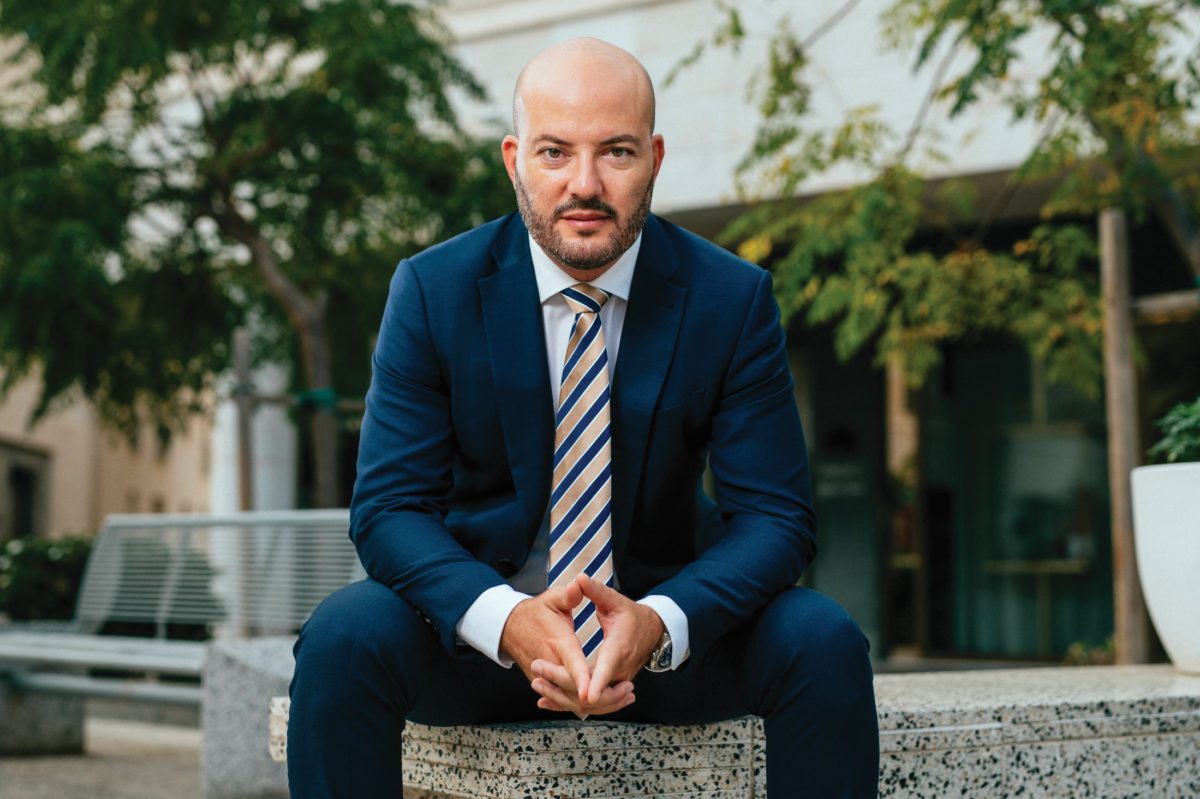
Bringing the next generation into the fold allows for a successful succession, and puts it on a steady road of survival, the Regulator explains, adding that the FBO has been attempting to safeguard the future of such companies. “I’ve been in my role for four years, and over that time, we’ve insisted on a key mission: to ensure family businesses survive. To do so, firstly, we protect them. Through the Family Business Act, we specify that such companies must have two family members who are directly involved in the ownership and decision-making processes of that business – this gives a degree of autonomy to the family itself.”
Indeed, the FBO, through the Act, ensures that “all shareholders have voting rights. We have encountered situations in which the shareholding has already been passed on to the next generation but, since there are classes of shares, the voting rights are reserved for the parents or founders, while the children have no say in how the company is run. This is not something we condone or promote, so, through the legislation, we ensure they cannot register with our office, and they cannot take advantage of our incentives.”
Indeed, Dr Gerada emphasises the importance of adequate planning, insisting that, by strategizing more effectively, the next generations would feel inspired to invest their futures in the business. “What happens, very often, is, when there are children who have a lot of potential, who are academically well-equipped, they step away from the family company since they fear they will be constrained. So, they end up working for someone else, somewhere where they, sadly, feel they belong more,” he attests.
For, ultimately, for a business to survive, the structures of the company must be built robustly, and fairly. “We aim to ensure that these companies make the necessary changes which will ensure their survival and put their business on the right track.” To do so, the Office offers a number of incentives to those firms that are determined to do their utmost to solidify and cement their legacies.
“We offer the Family Business Support Scheme, administered by ourselves and Malta Enterprise, which also finances it. This is to assist companies planning and preparing a succession plan. We believe that for these transitions, the involvement of external professionals you can trust is needed, so we provide up to 50 per cent aid intensity against the invoices of mediators, auditors, lawyers, and so on – a benefit which can be used over three years and is capped at €15,000. This aid helps firms navigate the necessary changes.”
The FBO is also in discussions with the Mediation Centre to equip and train specialists in family business mediation and arbitration. “One aspect we realised after launching these schemes is that we don’t have enough expertise in this area, also because there is a general suspicion on behalf of family businesses to get a mediator or arbitrator involved, as a result of a fear that there will be some sort of connection to a particular stakeholder. However, we need to be practical, and this is why we’re also working towards expanding the base of expertise.
Over the next few months, the FBO will continue to drive home this point, as well as to expand its services to help more companies navigate tricky terrain. “We will be focusing on these mediation services, so family businesses can tap into the incentive; we are also going to work on outreach in Gozo, since there are many companies there that need our support, and we will be going physically to speak to them directly,” Dr Gerada says.
Moreover, Malta, as a member of Transeo, the family business transfer platform, will also be hosting its international summit this October. “One of the aims will be to discuss family business transfers, to explore how we can better help these enterprises, to ensure their continuity and their growth not only as ‘family businesses’, but as thriving businesses able to compete on the local and international markets,” Dr Gerada explains.
This interview was first carried in the 2023 edition of Business Now Magazine, the sister brand to BusinessNow.mt and produced by Content House Group
Featured Image:
Family Business Office Regulator Joseph Gerada / Photos by Daryl Cauchi
Uniplural Group: ‘Our brand transformation fortifies our position as a one-stop-shop within the community’
The newly rebranded Uniplural Group provides a diversity of care services strategically united to embrace emerging growth prospects
Print&Merchandise embracing sustainable merchandising solutions
Janice Calleja, manager at Print&Merchandise, highlights the company's high-quality, bespoke services, alongside its evolution towards eco-friendly solutions
‘Regulating what is happening today is only part of what we do at the Malta Communications Authority’
Inġ Antoine Sciberras explains how the regulatory authority strikes a balance between healthy competition, and facilitating new tech investment


